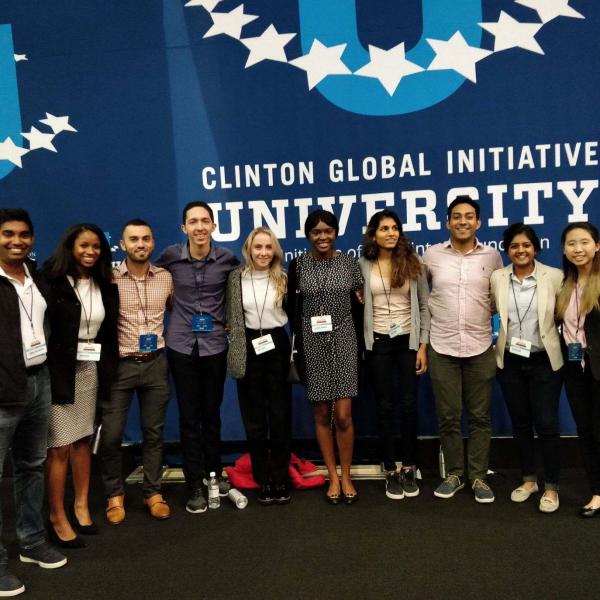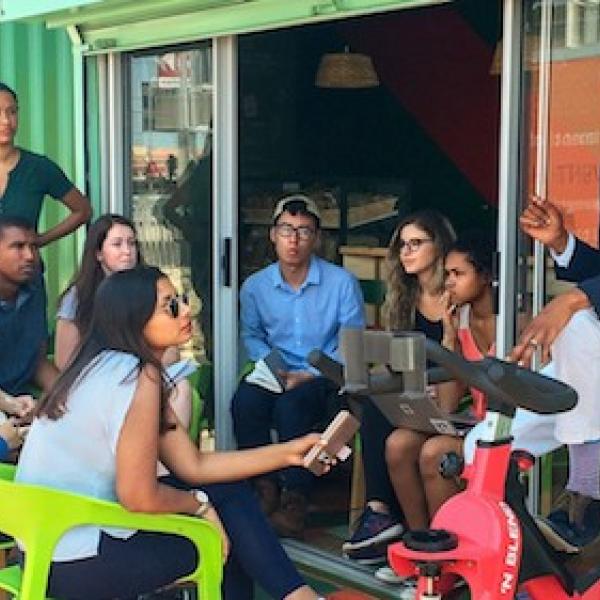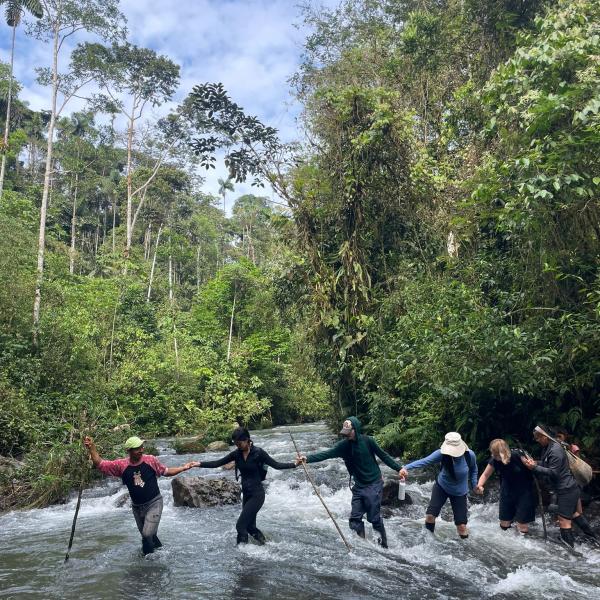Overview
The ILR Undergraduate Research Fellows Program provides ILR undergraduates with the opportunity to work with a professor during academic year 2025-2026. This program was developed in response to numerous requests we have received from undergraduates for research opportunities and in the hope that it will facilitate one-on-one student/faculty interactions. Students participating in this program will receive an hourly pay of $17.00 per hour for up to 10 hours a week. Awards will be made on a one semester basis with renewal possible for the second semester. Students may not earn credit for the research project during the semester or year they are being paid as a research assistant.
Project overview:
Firm creation is a key engine of innovation and economic growth. Understanding the factors that drive the decision to start a business -- and determine where it is located -- is essential for both national and local prosperity.
While much research has explored how geography shapes wages and employment, we know little about the local determinants of entrepreneurship. In an influential paper, Bell et al. (2019) show that growing up in a more innovative neighborhood – measured by the share of inventors – substantially increases the likelihood of becoming an inventor.1 Could similar factors shape the decision to become an entrepreneur? And if so, why?
Role of the Research Fellow:
The research fellow will contribute to multiple key components of this project, including empirical analysis, literature review, and data exploration. This is a hands-on opportunity to gain experience in data-driven economic research, while working on a topic central to understanding economic opportunity and regional development.
1.
Empirical Analysis
The fellow will use microdata from US and French labor force surveys to investigate the geography of entrepreneurship. Key tasks will include:
* Descriptive analysis: Who becomes an entrepreneur today? The fellow will document patterns in entrepreneurial activity by age, gender, education, race/ethnicity, place of residence, and place of birth—comparing entrepreneurs and salaried workers, and identifying “high-growth” entrepreneurs where possible.
* Regression analysis: Are some regions or states more conducive to entrepreneurship? To what extent can differences be explained by family background, education access, or other observable factors? Using the data, we will also assess whether birthplace or current residence plays a larger role in shaping entrepreneurial outcomes.
1 Bell, Chetty, Jaravel, Petkova, Van Reenen, The Quarterly Journal of Economics, 2019, “Who becomes and inventor in America? The importance of Exposure to Innovation”.
* Historical trends: How have the characteristics of entrepreneurs -- and the role of geography -- evolved over time? With the long-run data available, the fellow will help identify historical patterns and track changes across decades.
The relevant datasets have already been acquired and will be made available at the beginning of the semester.
2.
Literature Review
The fellow will help identify research related to the geography of entrepreneurship. While a preliminary set of key papers has already been assembled, the fellow will be encouraged to explore additional literature and help build a comprehensive corpus of papers.
3.
Data exploration and Expansion
The fellow will have the opportunity to investigate alternative or complementary data sources that could help enrich the analysis.






